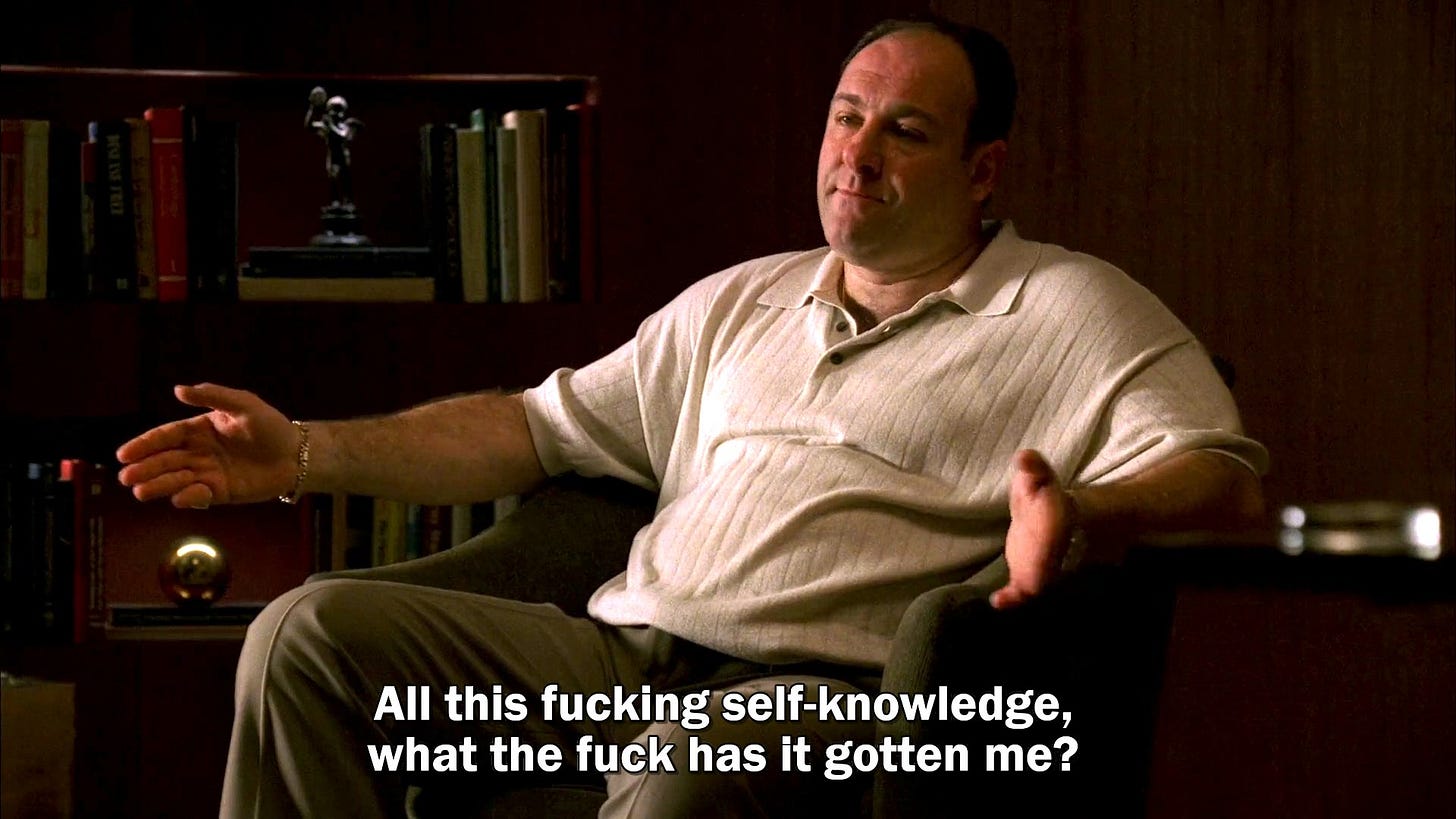School of Hard Knocks
Navigating a society with all of the data and none of the reality
Welcome to Money Buff! Feel free to check out my other posts, and follow me on Twitter for more regular thoughts! For more about the hows and whys of investing, subscribe here:
When I was a teenager, I wanted to learn how to surf. The best waves arrive in the colder months so I spent the summer learning everything about the sport.
I watched dozens of instructional videos on YouTube, every Kelly Slater highlight, and even acted out the movements on a surfboard in my backyard. I went to my local library and read books about ocean currents and buoyancy. By the end of the summer, I was a walking encyclopedia.
Fall arrived and so did the swells. I zipped up my wetsuit and eagerly paddled out, keeping in mind everything I learned. What happened? I got swamped before even standing up. The first wave ragdolled my body 40 ft back to shore. It’s a weird feeling. I just dedicated my summer to learning how to surf, yet I couldn’t stand up.
You’re probably saying, “Well obviously, observing is different from doing.” But for many people, I’m noticing in business and life that it is not. Hear me out.
Consumption culture is obvious when we look at the total hours spent semi-comatose on TikTok and Netflix. Less apparent is the ‘productive’ area of consumption culture: where frameworks replace work, where analysis leads to paralysis, and where knowledge deters action.
In the world of information, consuming more than we need is comforting in the moment but it slows us down (s/o to Thanksgiving). This is the only time in history when we can learn anything and apply nothing.
We bookmark Twitter threads about success and mental models. We read classics in the self-help genre. Listen to “how I did this” podcasts. Maybe even enroll in a course. Scratching the itch of advancement feels good. Your life cannot possibly be adrift if you are moving forward. And when it’s just consumption, there’s comfort in knowing you cannot fail.
The dopamine settles. Now what? You can recite every life lesson, routine, and hack. It’s all planned and strategized to a tee. You feel like you know so much about the world. But all of this preparation is nothing without application.
Robin Williams (Sean) said it best in Good Will Hunting:
“So if I asked you about art, you'd probably give me the skinny on every art book ever written. Michelangelo, you know a lot about him. Life's work, political aspirations, him and the pope, sexual orientations, the whole works, right? But I'll bet you can't tell me what it smells like in the Sistine Chapel. You've never actually stood there and looked up at that beautiful ceiling; seen that.
In our youth, we are given purpose in the form of passing exams and progressing to the next level. So it’s no surprise we implement the same cookie-cutter techniques as adults. But there’s no study guide for life.
You have to get in the water and feel the devotion that each wave commands. They’re not stationary like the internet. Even the most balanced swells have quirks and a specific disposition, evolving second by second. If you’re not moving, the wave is going to swallow you. You can’t control it but you can use the energy to create stability.
My advice to motivated minds is to put the self-help book down and create something. There is no better forcing function for growth than having skin in the game. And the trials you encounter will promote a bias towards action.
The concepts of business are not what makes succeeding hard. It’s the will to take action and the tenacity to see it through. Many want to believe that productivity hacks built successful people. But it was the process of creating, the hardships, the lessons learned, and the confidence gained. No amount of information can simulate that character development.
This is not to say that digesting information is useless. Far from it. But remember that no guru has lived your life. There is more nuance than the generalized platitudes provide.
Take it from me, you can’t learn to surf at a library.



